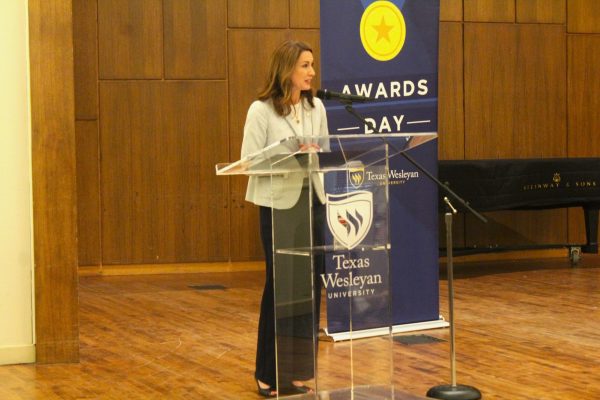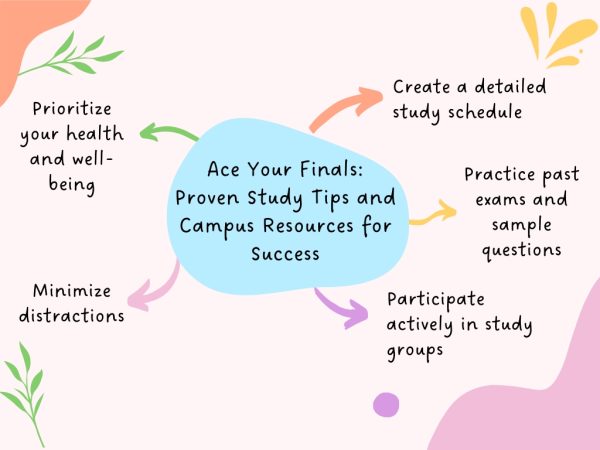Students protest on campus
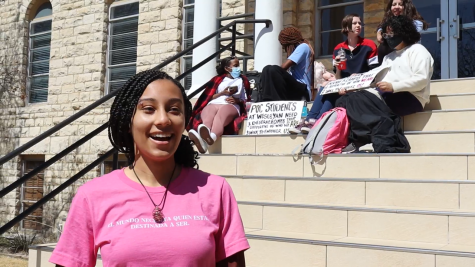
Students joined together in solidarity on Thur. Mar. 10 as they protested on the steps of the Oneal-Sells Administration Building at Texas Wesleyan University in support of fourth year sociology major and Black Student Association (BSA) President Queen Elizondo’s hunger strike.
Elizondo announced via email to university officials a few days prior to the protest that she was conducting a hunger strike to raise awareness of the lack of diversity on campus through scheduled events during the week. She wants to encourage the university to consider more “unified and comprehensive microaggression prejudice and identity training” on campus.
The events were stated as follows:
Day 1, Monday: Queen’s Hunger Strike, spreading awareness of campus issues
Day 2, Tuesday: Encouraging students to speak their truth, collecting other student experience and input through a survey to prove that this is a large issue
Day 3, Wednesday: Black Out, supporters of the cause encouraged to wear black to show solidarity
Day 4, Thursday: Sit in on the administration building’s steps
Day 5, Friday: Hopefully, a Resolution and roundtable for change if not the strike will continue through Spring Break and demonstrations will persist the week of March 21.
“A lot of people have expressed their concerns for my personal health [during the hunger strike], but the physical deterioration of my body is a reflection of the mental and emotional struggle that students of color experience here at this university daily. Their struggle is unheard and overlooked,” Elizondo said.
The scheduled protest on Thursday allowed students to show their support for Elizondo’s message. Jasmine Salinas, a third year business management major, was on the steps with a handful of students. She said, “I am standing in allegiance with people of color including myself, a person of color [Hispanic]. I want to show support to my fellow students. That’s why I wanted to come out here and make a statement. That is really important to me.”
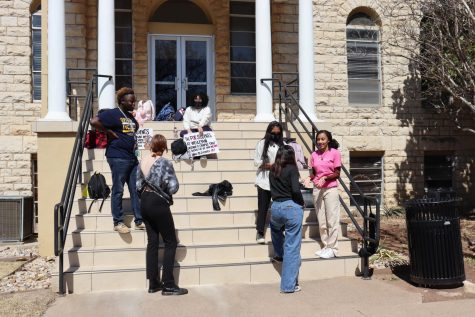
Elizondo also stated she noticed that even though the student body is diverse, the university staff is not. In agreement was psychology and political science major, BSA treasurer, Student Government Association (SGA) Vice President Jaylon Leonard.
“In the [Wesleyan] community, you see a lot of [student] diversity and we have some amazing staff but it doesn’t look visually like it’s all the same kind of people,” said Leonard. It is his wish for a more diverse faculty to increase professors accountability and avoid “microaggressions” in the classroom.
One change Elizondo and many other representatives of the BSA would like to see is more diversity and racial sensitivity training with faculty/staff members and incoming students. Although there is a required diversity day in the Academic Success Class (ASC), Elizondo feels the content taught is dependent on the professor.
“Everyone is not getting the same information depending on the professor and their personal background will depend on how impactful that session will be. We are asking for it to be cohesive that way everyone is receiving the same quality of session,” she said.
Also, Elizondo feels that professors are not trained to defuse racial situations in the classrooms and in turn allowing them to continue. In other cases, Elizondo claims that professors are the cause of the sensitive topics. “Often [professors] can be unaware that the things they are saying can have a negative and offensive impact on their students,” said Elizondo.
Many students on campus were not aware of the hunger strike or protests, like second year exercise science major Sarays Flores. She heard about the protest while at the Martin Center and came by to check it out. Her response was supportive. “I think it’s something positive, so why not. If anything, it helps increase diversity on campus. If there are people who feel left out it’ll help everyone feel more comfortable on campus,” said Flores.
Elizondo encourages students of color or of a different cultural background to feel they have a sense of community while attending Wesleyan. “I would like students to know that the BSA, Asian Student Association (ASA) and Bilingual Education Student Organization (BESO) orgs are our best chance at unifying and voices of support, and they are not alone in these systematic issues, and they are not alone,” said Elizondo.
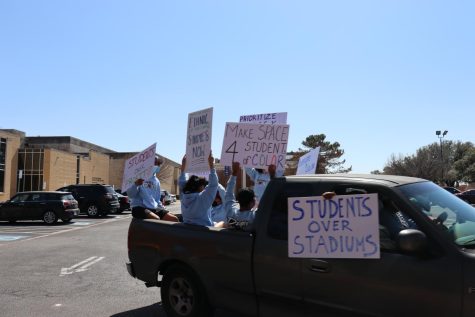
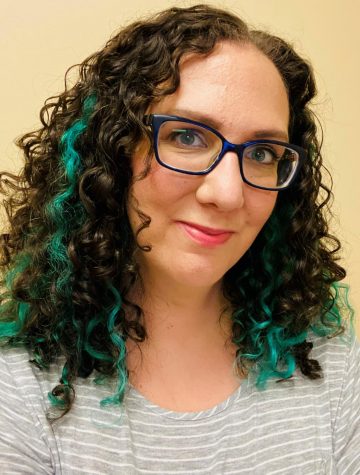
Veida Dima is a senior at Texas Wesleyan University pursuing a degree in English. She has been a content producer for Rambler Media Group since Spring...









![Pippin, played by Hunter Heart, leads a musical number in the second act of the musical. [Photo courtesy Kris Ikejiri]](https://therambler.org/wp-content/uploads/2025/04/Pippin-Review-1200x800.jpg)
![Harriet and Warren, played by Trinity Chenault and Trent Cole, embrace in a hug [Photo courtesy Lauren Hunt]](https://therambler.org/wp-content/uploads/2025/02/lettersfromthelibrary_01-1200x800.jpg)
![Samantha Barragan celebrates following victory in a bout. [Photo courtesy Tu Pha]](https://therambler.org/wp-content/uploads/2025/05/20250504_164435000_iOS-834x1200.jpg)





![Hunter Heart (center), the play's lead, rehearses a scene alongside other student actors. [Photo courtesy Jacob Sanchez]](https://therambler.org/wp-content/uploads/2025/04/thumbnail_IMG_8412-1200x816.jpg)
![Student actors rehearse for Pippin, Theatre Wesleyan's upcoming musical. [Photo courtesy Jacob Rivera-Sanchez]](https://therambler.org/wp-content/uploads/2025/04/Pippin-Preview-1200x739.jpg)
![[Photo courtesy Brooklyn Rowe]](https://therambler.org/wp-content/uploads/2025/05/CMYK_Shaiza_4227-1080x1200.jpg)

![Lady Rams softball wraps up weekend against Nelson Lions with a victory [6 – 1]](https://therambler.org/wp-content/uploads/2025/04/Screenshot-2025-04-04-100924-1200x647.png)


















